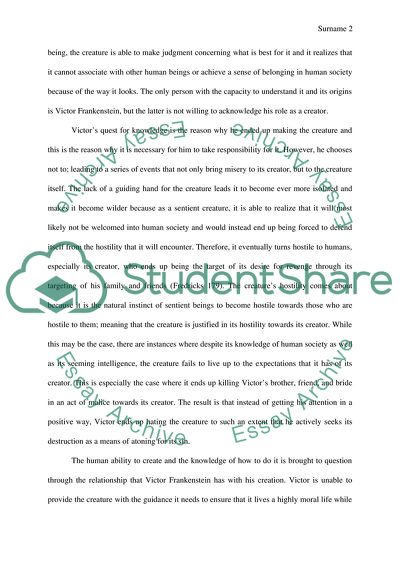Cite this document
(“Knowledge and Ethical Considerations Essay Example | Topics and Well Written Essays - 1750 words”, n.d.)
Retrieved from https://studentshare.org/literature/1700148-in-my-instructions-novel-analysis
Retrieved from https://studentshare.org/literature/1700148-in-my-instructions-novel-analysis
(Knowledge and Ethical Considerations Essay Example | Topics and Well Written Essays - 1750 Words)
https://studentshare.org/literature/1700148-in-my-instructions-novel-analysis.
https://studentshare.org/literature/1700148-in-my-instructions-novel-analysis.
“Knowledge and Ethical Considerations Essay Example | Topics and Well Written Essays - 1750 Words”, n.d. https://studentshare.org/literature/1700148-in-my-instructions-novel-analysis.


